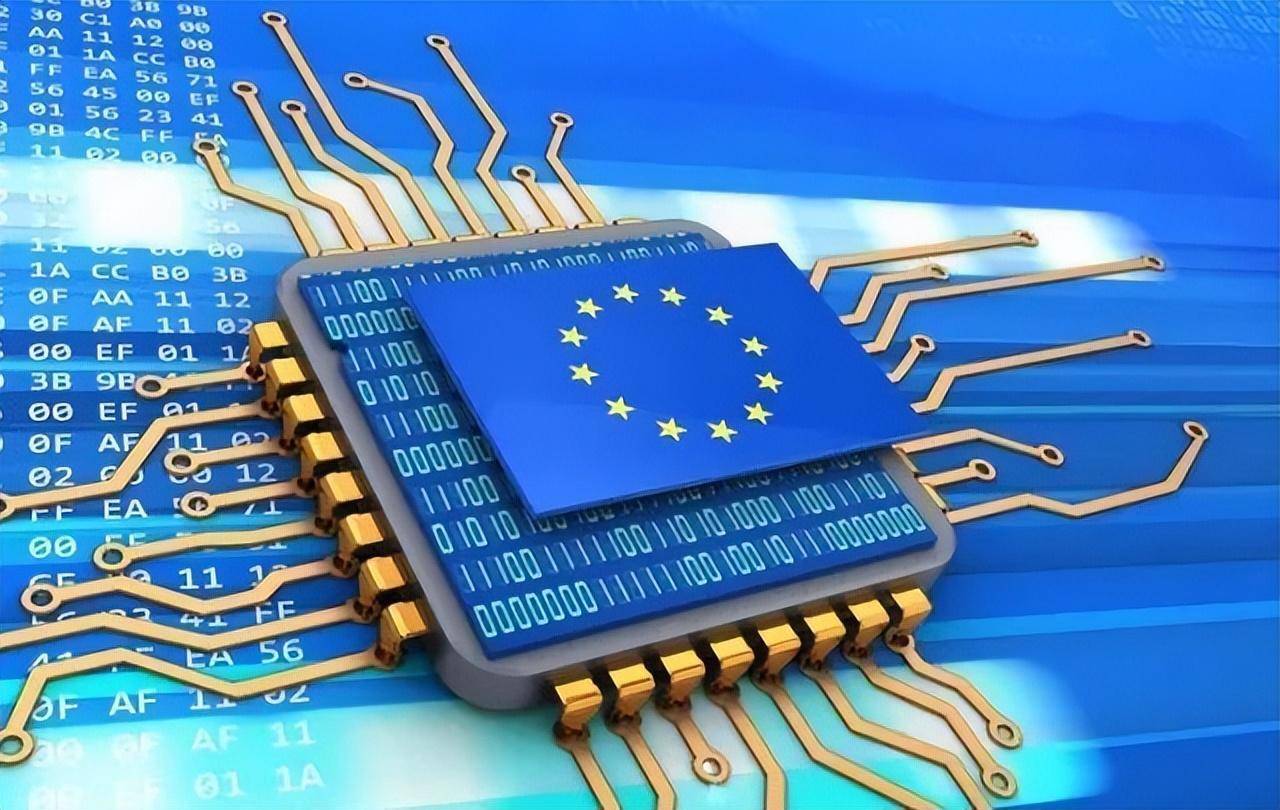The much-watched EU "Chip Act" was approved by the Council of the European Union on the 25th, marking that the bill has completed all voting procedures and only needs to be signed to take effect.
According to the announcement of the EU Council, on the 11th of this month, after reaching an agreement with the EU Council, the European Parliament has approved the "Chip Act". According to the package of measures announced by the EU, once the bill comes into force, the EU will mobilize 43 billion euros in public and private investment (including 3.3 billion euros in the EU budget), aiming to increase the European chip's global market share by 2030 to the current level. Less than twice the level of 10%, or 20%.

It is worth mentioning that the EU also plans to create a competence center to attract talents and promote chip research and development. At the same time, the EU will also set up a chip export monitoring mechanism to deal with possible supply crises, and encourage member states to provide support to promote chip production and entrepreneurship, and create conditions for building an EU chip production base.
Spanish Minister of Industry, Trade and Tourism Hector Gomez, who represents the EU's rotating presidency, said in the announcement that in the face of global chip competition, the EU will "lead the way" in promoting chip production, investment and research and development. This long-term goal is to "rejuvenate" the EU's chip industry and reduce its dependence on external supplies.
While quickly introducing the "Chip Act", the EU has repeatedly stated that the region is currently too dependent on foreign chip suppliers, causing its strategic industries such as industry, defense, energy, and health to face chip supply interruptions and shortages, especially in the new crown This problem has become more prominent during the epidemic. The EU hopes that the "Chip Act" will create business opportunities and jobs in the region and enhance the EU's "technological sovereignty" in the chip field.
Through the "Chip Act", the EU hopes to strengthen the development of its own chip industry, improve its position in the global chip market, and reduce its dependence on external supplies. This measure aims to create more business opportunities and employment opportunities for the EU, while enhancing the EU's competitiveness in the field of chip technology. The EU has long-term goals for the development of the chip industry in the future, and is committed to making the EU an important force in the global chip field.
Recommended related articles:

